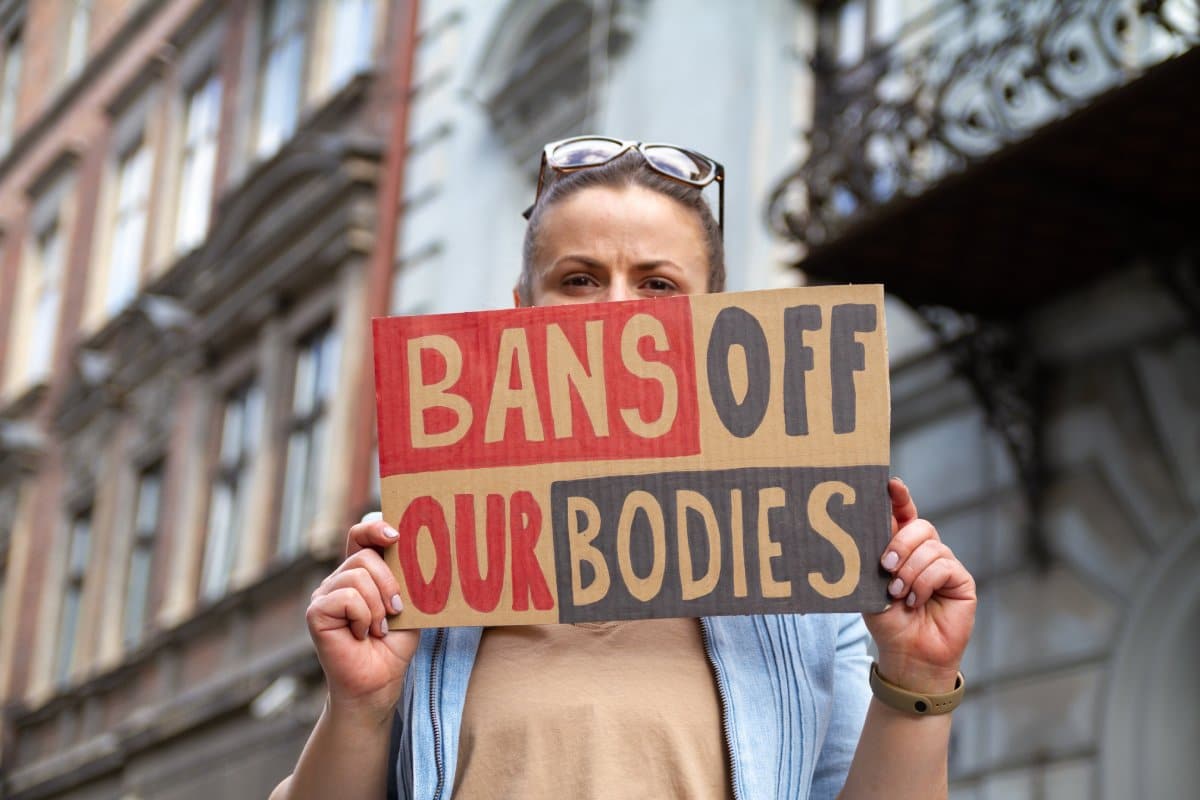Should access to contraception be a given, or do politicians have the right to control it? This issue isn’t just about personal health—it’s about who gets to make decisions about our bodies and futures, touching on personal freedom, public health, and economic stability.
1. Personal Autonomy

Contraception allows individuals to make decisions about their reproductive health. It empowers them to plan their futures and control their bodies.
2. Public Health Impact

Widespread access to contraception has significant public health benefits. It reduces the rates of unintended pregnancies and abortions.
3. Economic Benefits

Contraception access helps women pursue education and career opportunities. This economic empowerment can lead to broader societal benefits.
4. Population Control
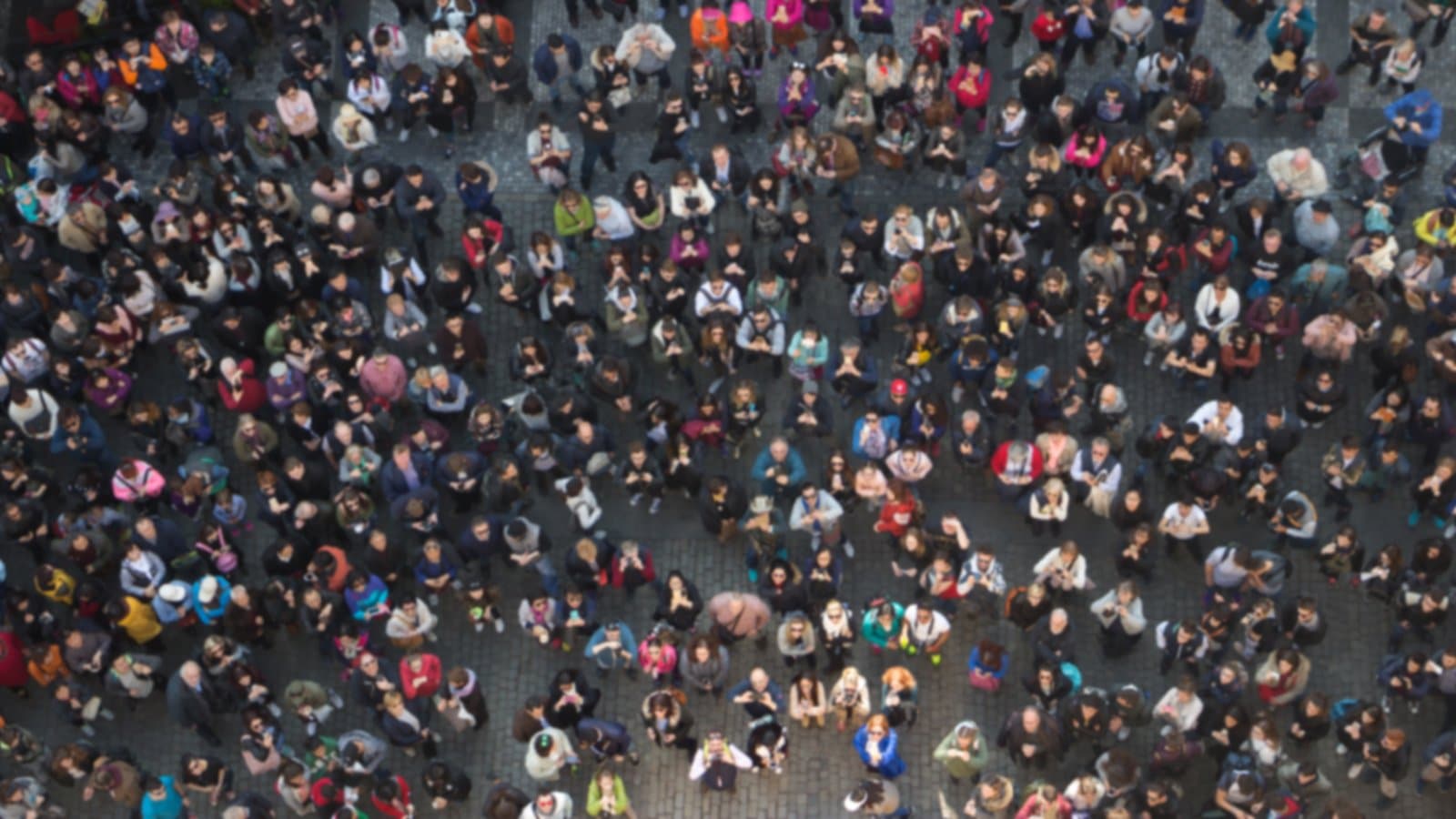
Access to contraception plays a crucial role in managing population growth. It helps address issues related to overpopulation and resource allocation.
5. Moral and Religious Beliefs

Many oppose contraception on moral or religious grounds. They believe it interferes with natural reproductive processes and can be viewed as morally wrong.
6. Legal and Ethical Considerations

The legal landscape around contraception is complex. It involves balancing individual rights with ethical and moral considerations.
7. Gender Equality
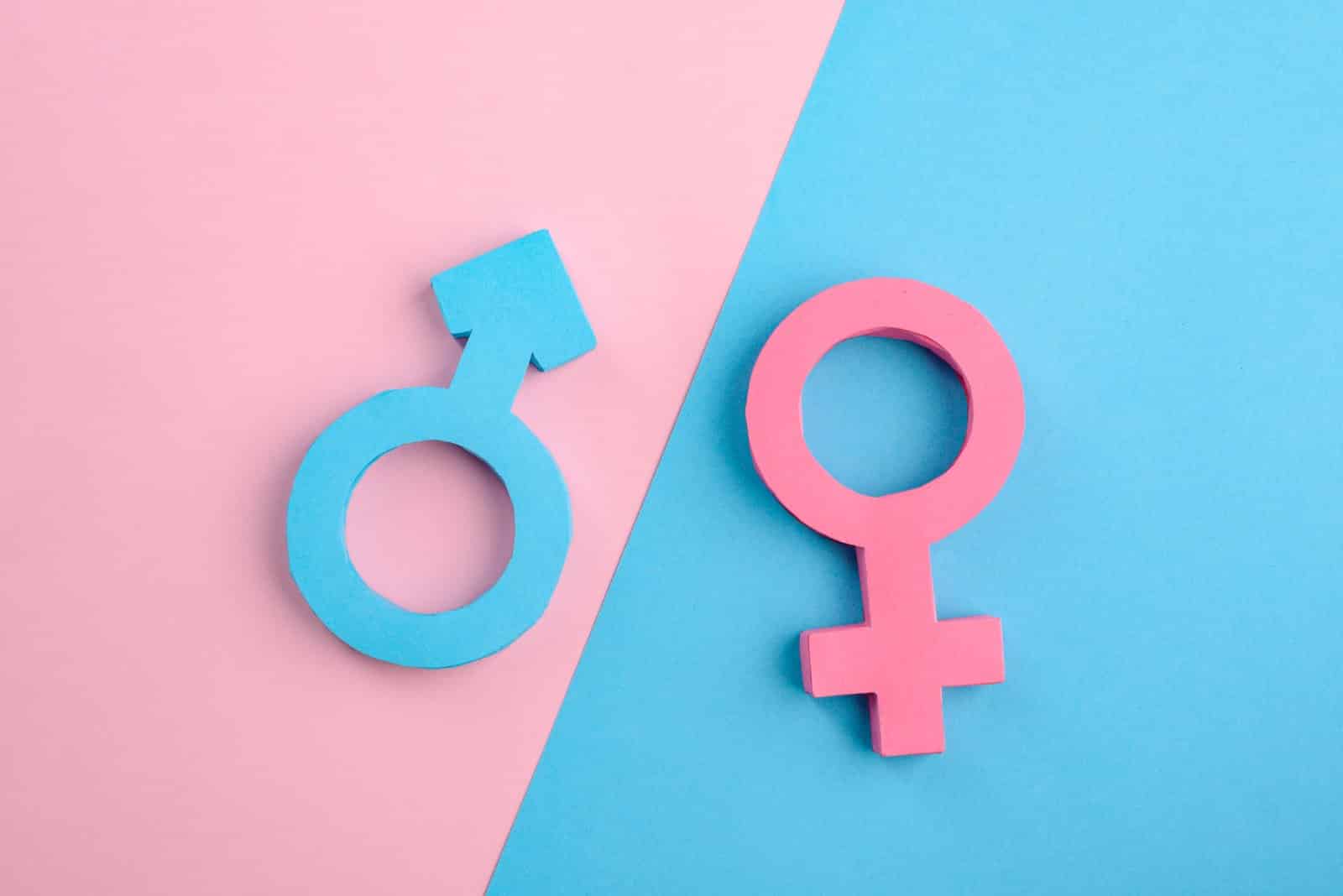
Access to contraception is essential for achieving gender equality. It allows women to have equal opportunities in education and the workforce.
8. Adolescent Health

Contraception is vital for protecting the health of adolescents. It can prevent teenage pregnancies and support young people in making informed decisions.
9. Family Planning

Contraception is a key tool for family planning. It helps couples space out pregnancies and plan their families according to their circumstances.
10. Healthcare Access

For many, contraception is a basic healthcare need. It should be easily accessible through healthcare systems and providers.
11. Reducing Poverty

Access to contraception can help reduce poverty levels. By enabling family planning, it helps families better allocate their resources.
12. International Human Rights
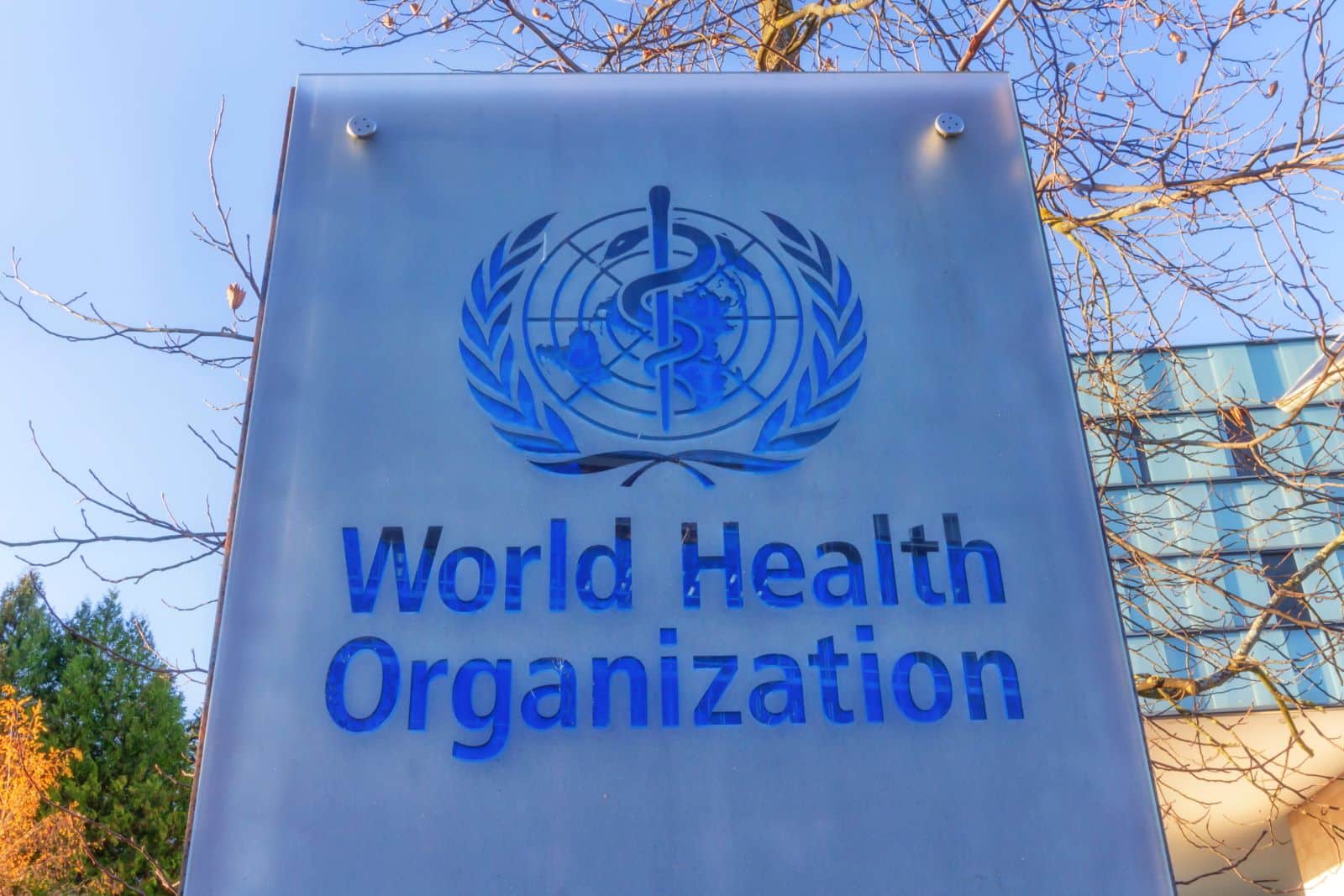
International organizations recognize access to contraception as a human right. This includes entities like the United Nations and World Health Organization.
13. Reproductive Justice
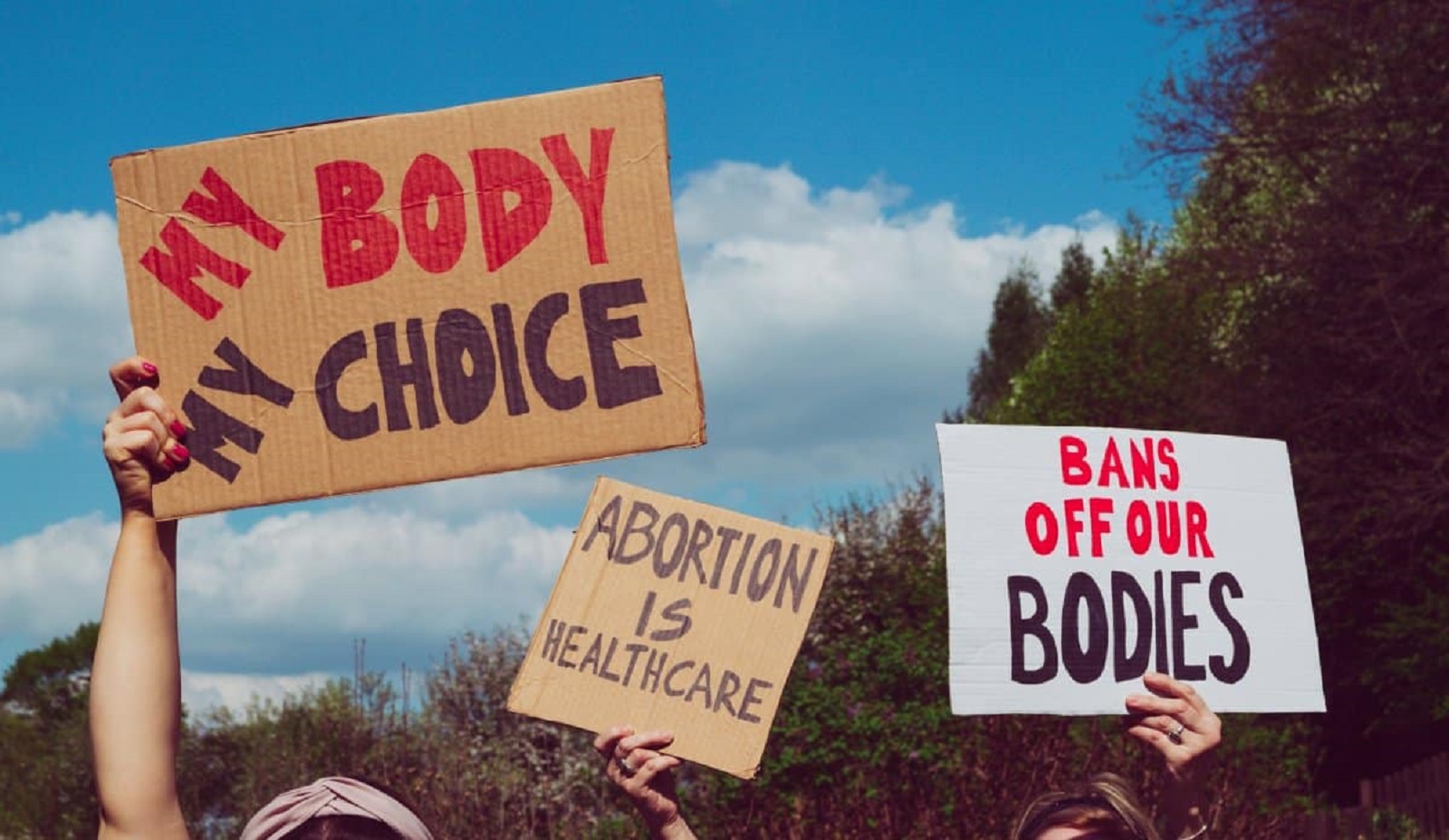
Access to contraception is a critical component of reproductive justice. It ensures that all individuals have the ability to make informed choices about their reproductive health.
14. Reducing Maternal Mortality

Contraception can help reduce maternal mortality rates. By preventing unintended pregnancies, it lowers the risks associated with childbirth.
15. STI Prevention

Some forms of contraception, like condoms, also protect against sexually transmitted infections (STIs). This dual benefit is crucial for public health.
16. Legal Precedents
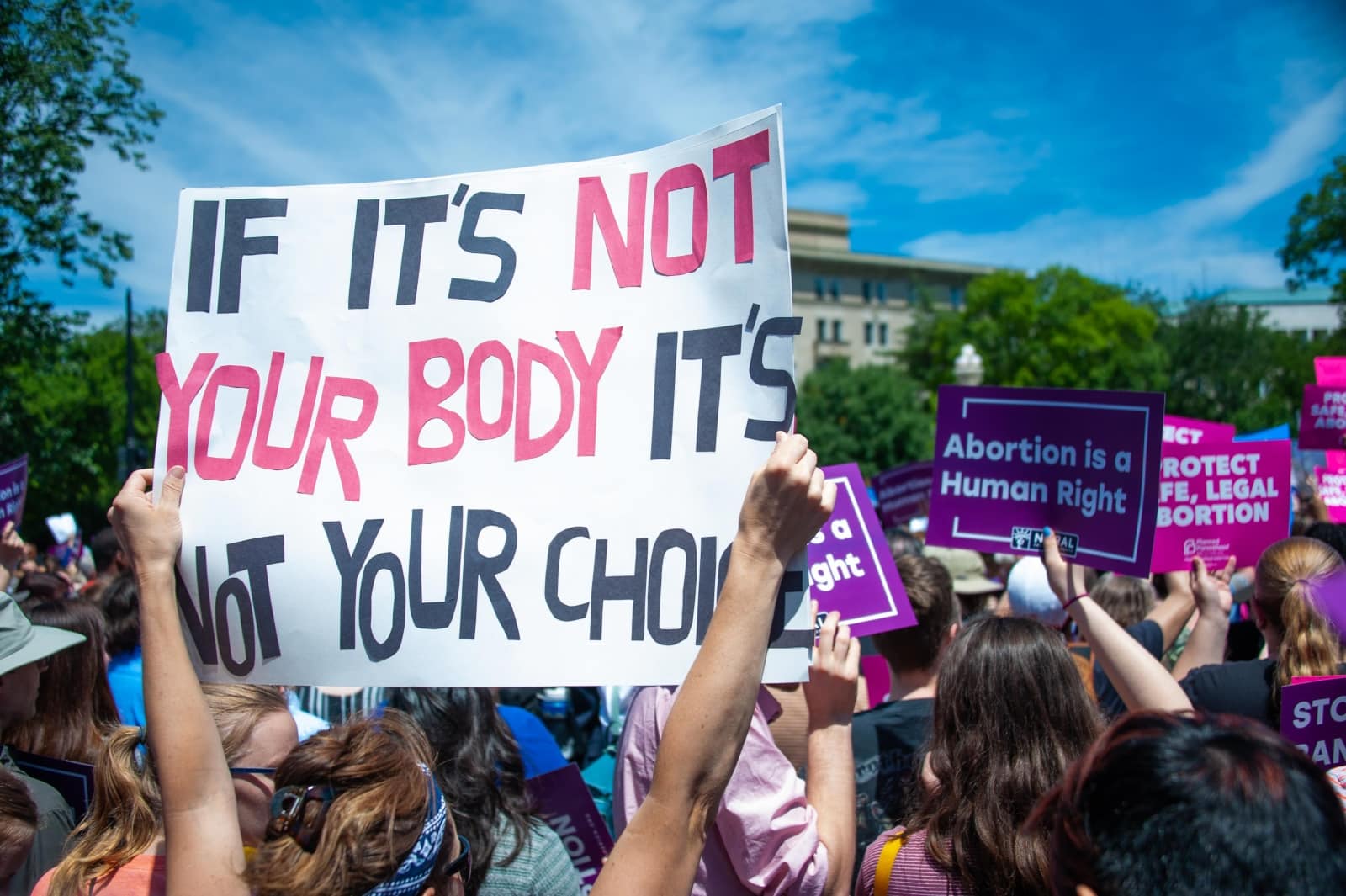
Court rulings have upheld access to contraception as a right. Cases like Griswold v. Connecticut set important legal precedents.
17. Educational Programs

Comprehensive sex education programs include information about contraception. These programs are essential for helping individuals make informed choices.
18. Insurance Coverage
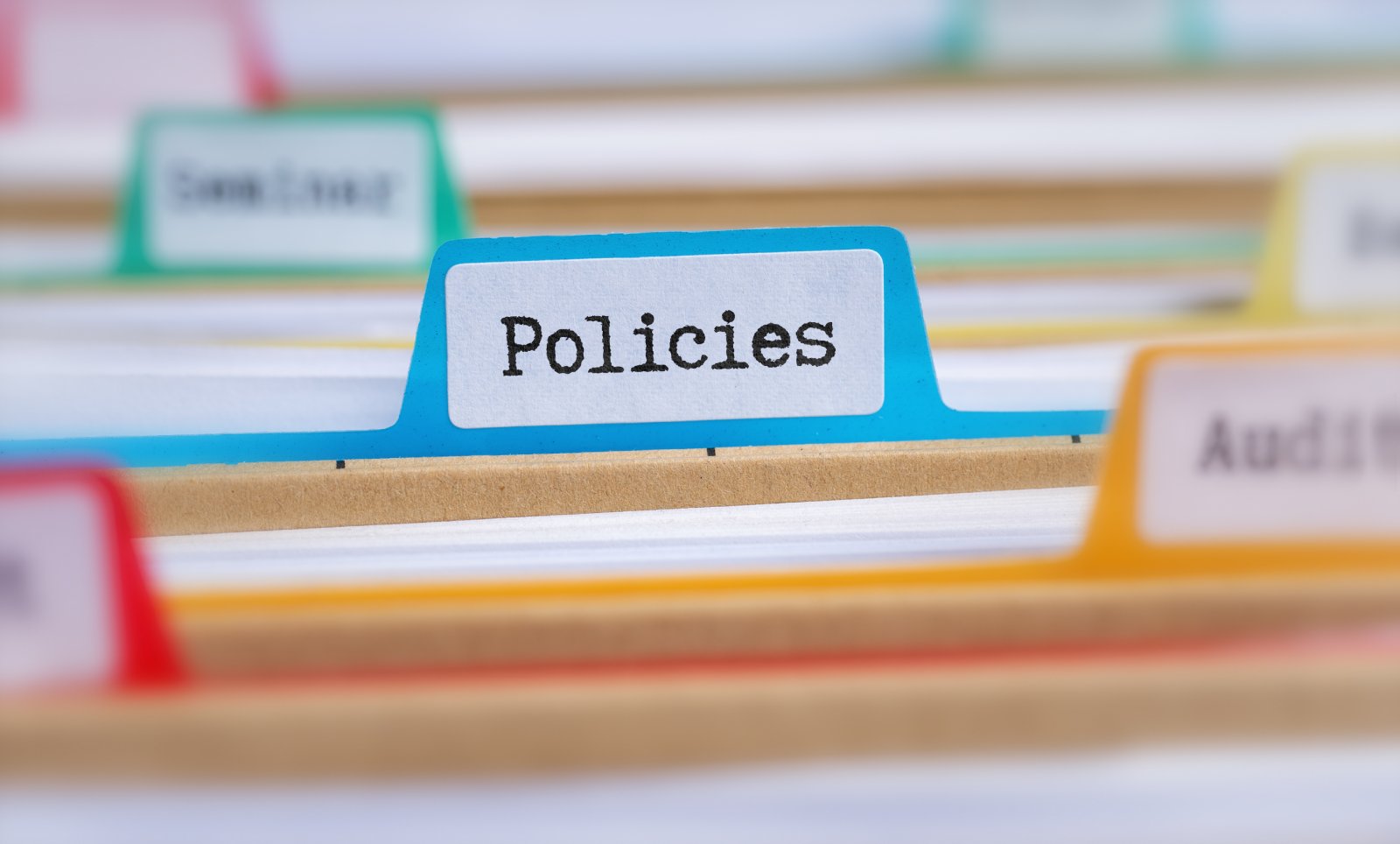
Access to contraception often depends on insurance coverage. Policies should ensure that contraception is covered and affordable.
19. Access Disparities

There are significant disparities in access to contraception based on socioeconomic status, race, and geography. Efforts must be made to address these inequities.
20. Global Perspective

Globally, access to contraception is crucial for empowering women and improving health outcomes. It is a key factor in international development efforts.
Fundamental Human Right

While moral and religious debates continue, the overwhelming benefits of contraception access cannot be ignored. It is essential for personal autonomy, public health, and gender equality. Ultimately, access to contraception is a fundamental human right that supports the well-being of individuals and society as a whole.
The post Female Freedom Under Fire: 20 Ways Women Still Have to Fight for Contraception first appeared on Pulse of Pride.
Featured Image Credit: Shutterstock / Longfin Media.
For transparency, this content was partly developed with AI assistance and carefully curated by an experienced editor to be informative and ensure accuracy.

